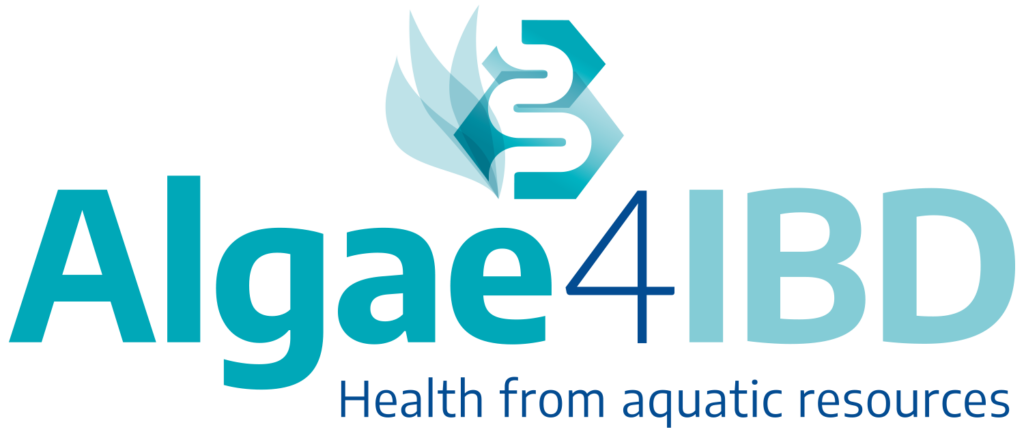Developing functional food, and pharmaceuticals as treatments for IBD.
What if the solution for a chronic disease lies in our ocean, rivers, or lakes? That is precisely what the new research initiative Algae4IBD is set to answer in the next four years. The EU-funded project aims at identifying compounds from algae that are effective against Inflammatory Bowel Disease (IBD) and developing them into functional foods and new medication. On 14 and 15th of June, all 21 partners of the consortium came together for a fruitful kick-off meeting to launch the project.
Around the world, more than 6.8 million people suffer from IBD
IBD that describes both Ulcerative Colitis and Crohn’s disease is a disorder in the intestines that causes prolonged inflammation. It damages the digestive tract and is associated with an elevated risk of colorectal cancer. Existing treatment options are expensive, and patients do not respond well to them. So, IBD continues to cause a lot of distress for those who have the disease.
“People who are suffering from this disease want a solution and are already very excited with the prospect that it may come from our project,”
says the project coordinator Dr. Dorit Avni from the MIGAL research institute in Israel. For her, the patients’ well-being should be the priority on the partners’ minds during the upcoming 4 years.
To put the puzzle together, specialists from 11 countries join forces: experts in algae growth & production, gastroenterologists, functional food developers, and pharma SMEs. This multi-specialist and multi-cultural group bring in the expertise needed to develop products that will, hopefully, prevent and treat IBD.
In a project like this, where there’s one main common goal, all partners and steps along the way must work as an engine as highlighted by Dr. Avni during the kick-off meeting:
“Communication will be key, especially internal communication. We need to work well together despite being in different countries to succeed and affect the well-being of IBD patients. “
IBD prevalence has been increasing in the last decades, especially in developed countries and it is affecting younger age groups. Algae can be the missing ingredient that this consortium hopes to add to functional foods – like cereals and smoothies – to prevent, treat and diminish symptoms of IBD.
The launch of this cutting-edge Horizon 2020 project can be an important source of hope for all those dealing with the disease in Europe and around the globe.

